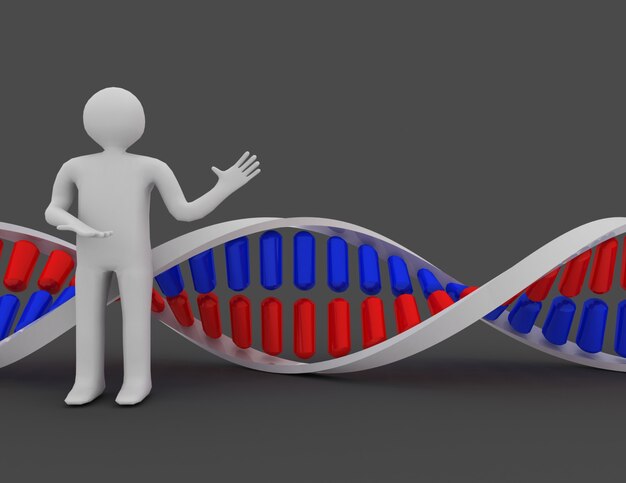Growth and development in Educational Psychology

Educational psychology is a particular part of brain science that spotlights on understanding how people learn and foster inside instructive settings. The investigation of development and improvement in instructive brain research envelops a great many points, including mental, social, close to home, and moral turn of events. In this exposition, we will investigate the critical parts of development and improvement in instructive brain research, analyzing their importance with regards to picking up, educating, and generally understudy prosperity. Mental Development: Mental improvement in instructive brain research alludes to the development of scholarly capacities and cycles, for example, memory, critical thinking, and decisive reasoning. Crafted by prestigious therapists like Jean Piaget and Lev Vygotsky has essentially affected how we might interpret mental improvement in kids. Piaget's phases of mental improvement feature how youngsters' reasoning turns out to be more complica...









